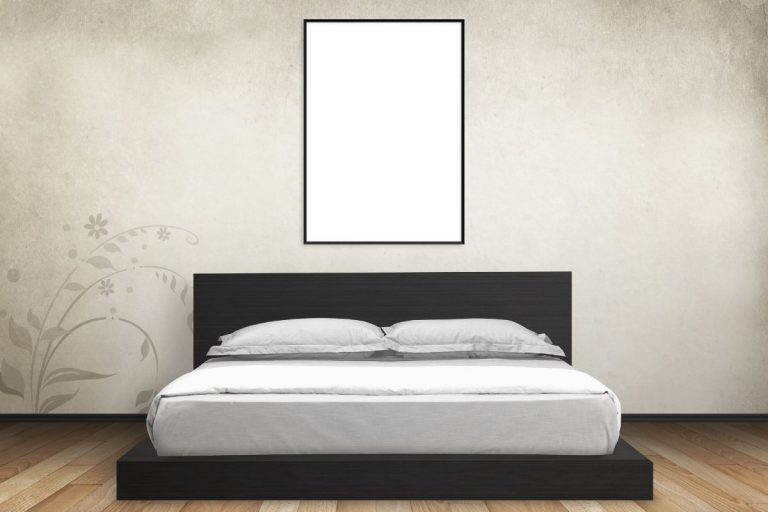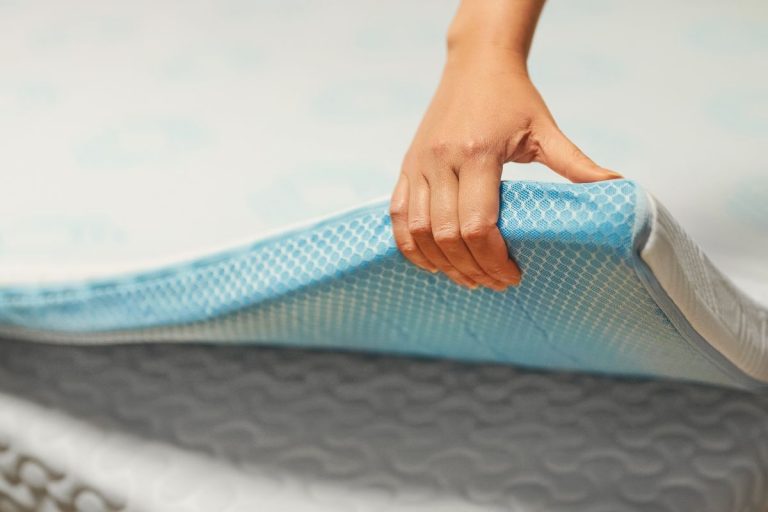Hammocks are often more sentimental than they seem.
For some, hammocks symbolize relief from work and their dream vacation to the Caribbean. Others view them as a representation of the lazy lounging in the open air that summer brings.
To another group, one look at these suspended beds brings a rushing of nostalgic vibes from their hippie-ish days roaming through South America’s forests.
However, for you, it may be something much more mundane.
Amidst your complaint of waking up with body aches, your friend Brad immediately begins to sing the praises of sleeping on a hammock.
You find yourself asking questions like: can a hammock be the answer to all my sleeping problems? Is it really better to sleep in a hammock than on a mattress? Is it even healthy to sleep in a hammock?
Or is this just another catchy bit of broscience?
History:
Hammocks appear throughout history, with the first mentions popping up in Greek writings around 450 B.C.
However, it first gained widespread usage amongst the people of Central and Southern America. It was picked up by sailors and the military and spread to the rest of the world from here.
Is it Healthy to Sleep in a Hammock?
Research into the effects of sleeping in hammocks is minimal. Most studies that relate to this sleeping method focus on their impact on babies and small children, especially on the degree of safety they provide during use.
However, one hallmark, albeit small, research shows some promise.
In one 2011 study carried out at the University of Geneva, researchers concluded that the rocking motion from sleeping systems like hammock contributed to a considerable improvement in sleep onset times and sleep quality in every single participant.
These findings confirm a widely held belief that rocking can induce sleep, making you fall asleep faster and sleep better. There is a reason why we cradle and rock our babies to sleep.
However, this group of neuroscientists also found something a bit more striking.
During the observation, the researchers monitored the brain activity of the participants. They discovered that the rocking motion’s effect extended beyond improving sleep alone—it changed the way they slept.
In their findings, the Swedish researchers noted that when the participants slept in a rocking bed, they posted a relatively higher amount of stage N2 sleep, a deep type of non-REM sleep vital to proper rest.
The report also indicated an increase in sleep spindles and slow oscillations in the brain; two activities sleep scientists link with memory consolidation and deeper sleep.
All of the observations from this research study point to the conclusion that a rocking bed being excellent for improving sleep.
From this report, we can infer that sleeping on a hammock can help you fall asleep faster and stay in a deep sleep for longer. The participants agree. When queried on the experience, two-thirds of the respondents considered the rocking bed “more pleasant” than the control.
However, it would be best if you kept it in mind that while this research indicates some immense positive potential of hammock use, the study’s scope is limited.
This research featured only 12 respondents and used a custom-made rocking bed instead of an actual hammock. Before we can conclude that sleeping in a hammock is the ultimate and we begin ditching our beds for good, it is best to wait for more extensive research into the subject.
Nevertheless, with this overview, we can conclude that hammock use is relatively safe and healthy, and may improve sleep quality.
Potential benefits that may stem from sleeping in a hammock include:
Deeper Sleep
According to the research, sleeping on a hammock may help you reach deeper sleep levels and stay in there for longer.
Faster Sleep Onset
Try out a hammock. These age-old suspended sleepers may be the cure to all your insomnia worries. The rocking motion of hammocks helps foster relaxation and enables you to get to shuteye in the fastest time possible. It works on babies; it will work on you.
Less Exposure to Bugs
One reason why the hammock was so popular amongst ancient central and South American tribes was that it protected you from creeping creatures. The elevation of their hammocks helps safeguard against bugs, insects, and snakes.
We no longer have to worry about forest fauna in our urban jungles, but a hammock can still save you from the worries of dust mites, which can accumulate on mattresses.
Plus, your hammock will come in handy on camping trips.
Pressure Relief
While there is no scientific backing to this proposed benefit, hammock enthusiasts swear by it. Fans of this sleeping style claim that the more flexible surface ensures a more even distribution of pressure around the body, providing pressure relief.
Are Hammocks bad for You?
All currently available scientific evidence, the long history of use in America, and an abundance of anecdotal reports online, all point to hammocks use as one of the best ways to sleep.
However, if you browse through Reddit and other online forums, amidst the barrage of positive reviews of hammock use, you will find a handful of users complaining about bad experiences and poor sleep on hammocks.
The key to preventing such issues is to avoid poorly designed options. Choose a well-designed hammock and learn how to sleep on it correctly.
We recommend The Double Hammock from Trek Gear Light and this sleeping guide from the manufacturer.
More FAQs About Sleeping in a Hammock
Can you sleep in a hammock every night?
Yes, if you feel comfortable enough in them to do so.
When it comes to hammocks, like with most sleeping gear, the critical determinant for usability is your comfort level. Hammocks are one of the most healthy options you can try; however, that is only good if you are comfy.
Can you sleep on your side in a hammock?
Yes. If you get the angles right, you can side sleep in a hammock. Refer to the sleeping guide above for best practices.
Is stomach sleeping possible in a hammock?
Trying to sleep on your stomach in a hammock will most likely get uncomfortable quickly.
However, seasoned stomach sleepers are not entirely out of luck. The rocking motion and the enhanced relaxation you get with hammocks more than makeup for it, and most back sleepers will have no trouble sleeping on the side or back in a hammock.





